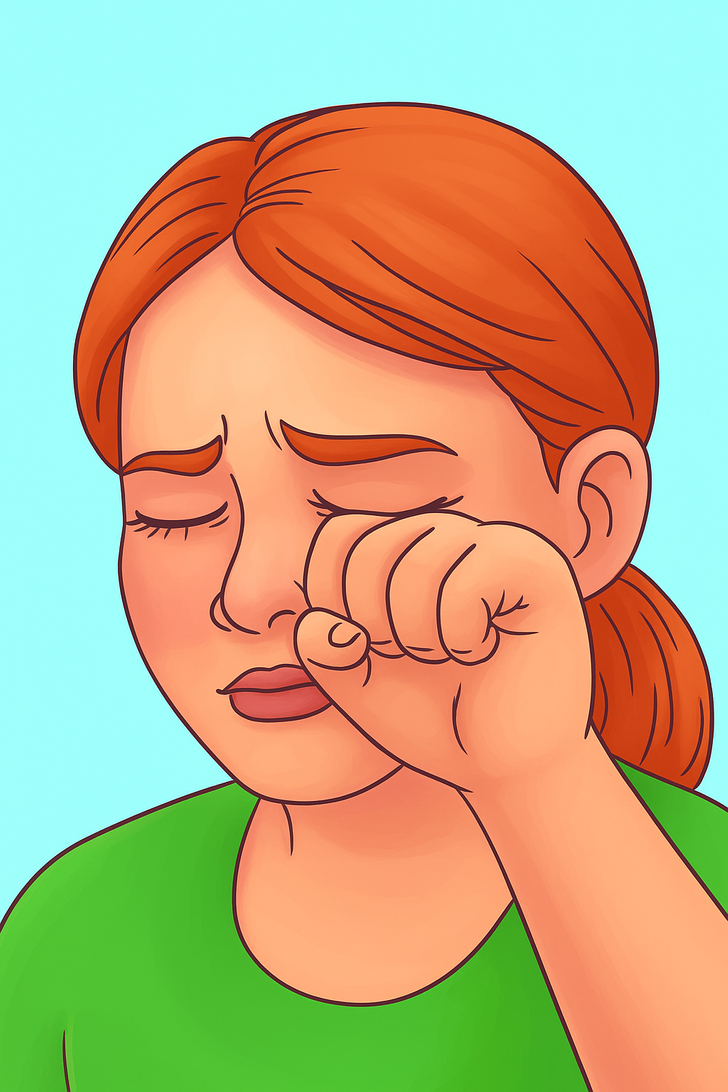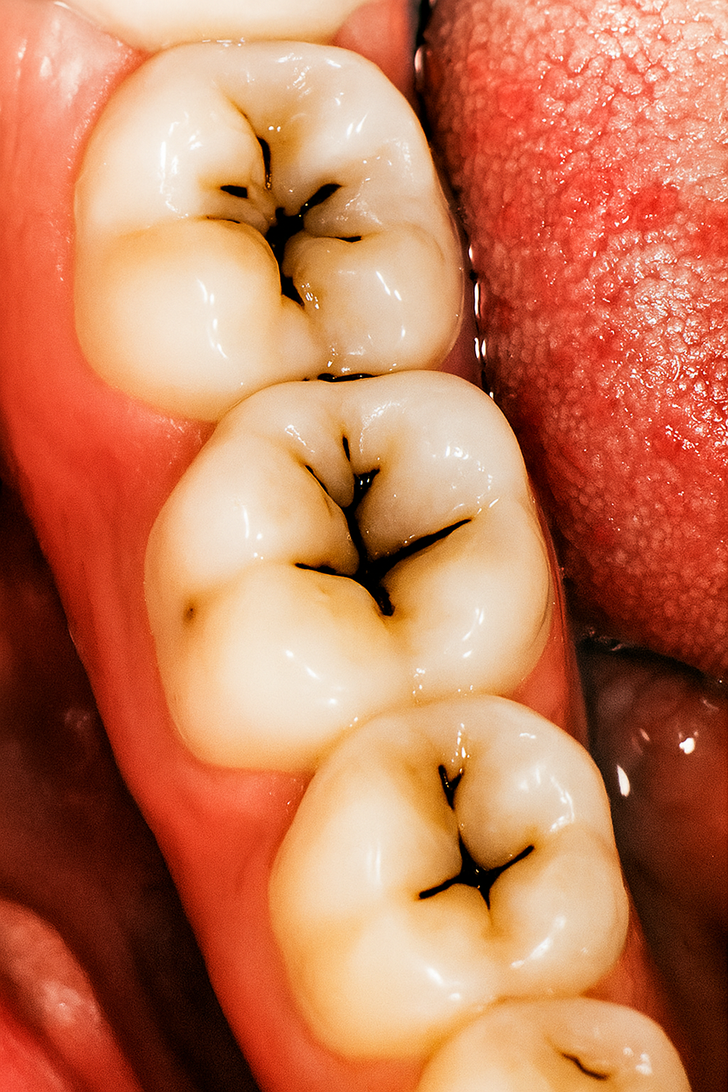My MIL Demanded Our Key, So I Put a Hidden Camera to Catch Her


Recognizing the early signs of dementia isn’t always easy—many symptoms can seem like everyday forgetfulness or simple mood shifts.
But catching these subtle red flags early can make a real difference. Early detection allows for better management, timely treatment, and access to the right support systems for both individuals and their families.
CONTENT IS PROVIDED FOR INFORMATIONAL PURPOSES ONLY AND IS NOT INTENDED AS A SUBSTITUTE OF MEDICAL ADVICE. SEEK GUIDANCE OF YOUR DOCTOR REGARDING YOUR HEALTH AND MEDICAL CONDITIONS.

People with dementia may begin to exhibit behavior that seems out of character, disregarding social norms they once followed. This is known as disinhibition, a symptom that occurs when brain changes affect impulse control. As a result, they might make rude or tactless remarks, act inappropriately in social settings, or engage in impulsive actions such as touching strangers or speaking loudly in quiet places.

Individuals with dementia may start to behave in ways that seem out of character, ignoring social rules they once respected.
This is known as disinhibition, a symptom caused by changes in the brain that affect impulse control. As a result, a person might make rude or inappropriate comments, act out in social situations, or engage in impulsive behaviors like touching strangers or speaking loudly in quiet settings.
While these actions can be upsetting or confusing for family and caregivers, it’s important to remember that they are not intentional, but rather a result of the neurological decline caused by the disease. Responding with empathy and understanding can help manage these challenging moments.

Language difficulties are a key symptom of certain types of dementia, especially in cases of primary progressive aphasia—a form of frontotemporal dementia.
As the frontal and temporal lobes of the brain deteriorate, individuals may find it increasingly difficult to find the right words, construct sentences, or express their thoughts clearly.
Over time, these challenges can lead to frustration, reduced communication, and even social withdrawal. While not all cases of primary progressive aphasia progress to full dementia, many individuals eventually experience broader cognitive decline affecting memory, reasoning, and daily functioning.

Researchers developed the AROMHA at-home smell test, finding that older adults with mild cognitive impairment (MCI) performed significantly worse in odor identification, discrimination, and memory compared to cognitively healthy peers.
Everyday tasks that once felt automatic can become challenging for someone with dementia.
As the brain’s ability to sequence actions and recall steps declines, routine activities like dressing, cooking, or bathing may become confusing or overwhelming. A person might forget how to put on clothes in the right order, be unable to follow a simple recipe, or unintentionally skip hygiene routines due to memory lapses.
These increasing difficulties often result in a growing reliance on caregivers, reflecting the progressive nature of dementia and the importance of patient support and understanding.

Dementia impacts more than just memory—it also disrupts visual-spatial abilities, which are essential for navigating the world around us.
Individuals may begin to misjudge distances, have trouble with depth perception, or find it difficult to recognize familiar faces, objects, or places. These impairments can lead to problems with reading, increased risk of wandering, and make activities like driving dangerous.
As visual-spatial decline worsens, a person may lose confidence in their ability to move through their environment, contributing to confusion, anxiety, and disorientation in everyday life.

Alzheimer’s disease is the most common cause of dementia, affecting memory, planning, and organizational skills.
While brain health and oral health may seem unrelated, research suggests a powerful connection—especially when it comes to Alzheimer’s.
Studies have found that a bacterium associated with gum disease (Porphyromonas gingivalis) has been detected in the brains of individuals with Alzheimer’s. This bacterium produces toxins that can damage brain cells, potentially contributing to the accumulation of harmful proteins linked to memory loss and cognitive decline—two defining symptoms of the disease.
This connection means that poor oral hygiene may play a role in the progression of Alzheimer’s, as mouth bacteria can enter the bloodstream and reach the brain. Maintaining good dental care—through regular brushing, flossing, and dental checkups—may not just protect your smile, but could also be a preventive step in safeguarding your brain health.
If you’re interested in learning more about your health, we’ve got you covered—explore more tips and insights right here.











